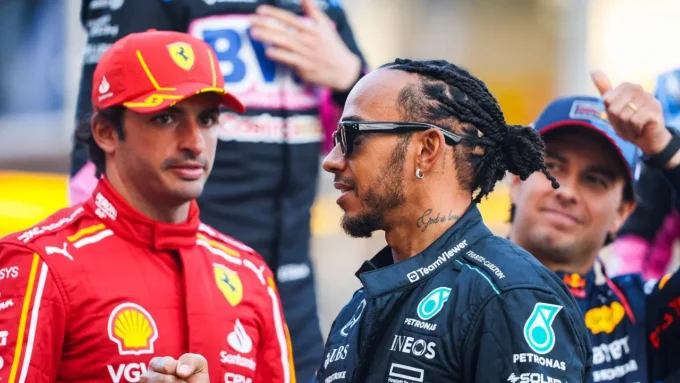There is a now viral video of Dommaraju Gukesh at the age of 11. In it, the boy who has yet to become a Grandmaster is asked by IM Sagar Shah of ChessBase India what his ambitions are. ‘I want to become the youngest chess champion in the world,’ declares the boy in his thin boyish voice with a hint of a smile on a face that has yet to have even the shadow of a moustache.
Some seven years after that proclamation, Gukesh became the world’s youngest chess champion at the age of 18, defeating China’s Ding Liren in a battle of wills that lasted three weeks and tested both players psychologically and physically. He surpassed Garry Kasparov as the youngest.
There was a purpose in the way Gukesh handled things in Singapore. It starts with the way he enters the playing hall, striding through the screaming fans. Then, in the way he sits at the chessboard, closing his eyes to enter an almost meditative state while his opponent Ding Liren tries to find the best moves.
During games, Ding often casts furtive glances at his young opponent, as if seeking his approval or trying to interpret the emotions on Gukesh’s face to see if his move on the board is a good one. But Gukesh was inscrutable. A locked safe of emotions. Unlike most people of his generation, he has managed to spend almost three weeks in Singapore with minimal use of social media and the Internet.
After all, he is chasing history. And on missions like these, there can be no distractions. As his youth coach, the great master Vishnu Prasanna, likes to point out, this has been Gukesh’s life since he was a child. Everything he does is in the service of that one goal: to become a world champion.
‘Somehow he has always been much more serious about chess than others of his age, even at the age of 11,’ Vishnu had once told The Indian Express. ‘I felt from then on that this boy really wanted to be something. He was very motivated from the beginning. He had a high level of desire. He didn’t think about anything else. He only focused on one goal. It’s a certain obsession. Of all the guys I worked with, none showed what he showed: an obsession with the game and with being number 1.
In Gukesh, we have a player who calculates as if his mind was powered by a chip and takes risks as if he had the chess goddess, Caissa, whispering moves in his ear.
He found himself one point behind in the first game of the world championship itself. Deflating for sure. But not when you come prepared for every single result. As mind guru Paddy Upton told The Indian Express, ‘Gukesh had memorised the entire book on playing in a world championship, down to the smallest detail, before going to Singapore’.
He also suffered another setback when he lost just after being ahead in game 11. His reaction? Being the first to enter the playing arena for once in game 13. As he later said: ‘I was ready to fight’. This has been his constant state of mind over the past three weeks.
Playing no-holds-barred chess on the board in Singapore, he often overestimated his position, perhaps a reflection of his opponent’s mental state. Perhaps the heady optimism of youth. Twice, he refused draws even when his opponent had the upper hand. He was helped in part by his opponent Ding Liren, the man who uncomfortably wears the crown on his head. The Chinese grandmaster seems to have lacked the will to push for a victory and was guilty of settling for draws in games 2, 4, 5 and 6 after he had the upper hand.
What should scare the rest of the world is that even the chess kings, who are the best readers of other players, are unable to assess what the 18-year-old’s upper limit is. Susan Polgar predicted many years ago that Gukesh, of the current group of Indian prodigies that includes Arjun Erigaisi and R Praggnanandhaa, would go further.
‘Some people thought I was crazy to say that…. Soon after becoming a grandmaster, I saw something very special in his game, his approach to chess and his behaviour. He has the important intangibles that are rarely seen in young players of this age,’ he said before adding: ’Gukesh has not yet reached his full potential in chess. A few minor tweaks in a few key areas and he will be able to dominate for years to come’.
For now, Gukesh will savour the feeling of being a world champion, a dream he has cultivated and pursued with unconditional dedication since he was 11 years old. The line of succession of world chess champions is now 18 men long and dates back to 1886. It has names like Bobby Fischer, Garry Kasparov, Viswanathan Anand and Magnus Carlsen among them. But none were teenagers when they became world champions.







































Leave a comment